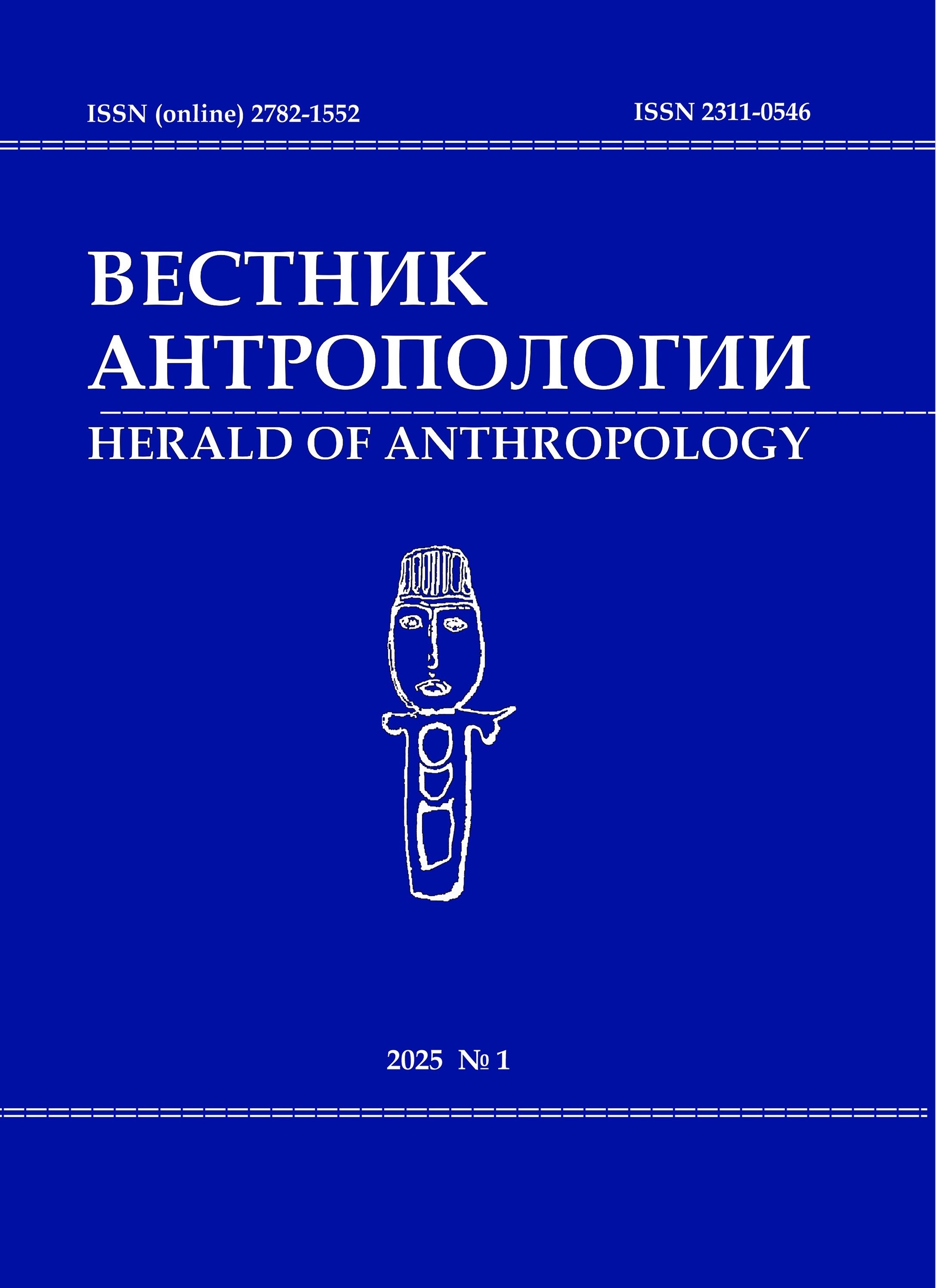Marriage and Family in Traditional Yoruba Culture
DOI: 10.33876/2311-0546/2025-1/200-209
Keywords:
Yoruba, family and marriage relations, traditional culture, polygamyAbstract
The article is devoted to the family and marriage relations in the traditional culture of the Yoruba people. Family and marriage in the culture of the Yoruba people were a cultural dominant that determined the ideological views of African intellectuals and greatly influenced cultural and political life. The preservation of traditional institutions, primarily the community, the extended family, and polygamous marriage, became one of the major tenets of early African nationalism. The concept of marriage in the Yoruba tradition should be understood as an agreement between two large family groups, and marriage norms were closely related to legal norms regulating property relations, inheritance, guardianship, land use, and the roles distribution. The author focuses on the issues of marriage conditions, the status of a man and a woman in an extended family group, the distribution of labor and power within the family and the possibilities of divorce proceedings in traditional culture.





















